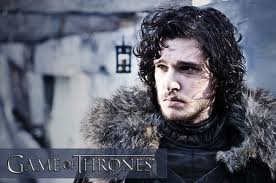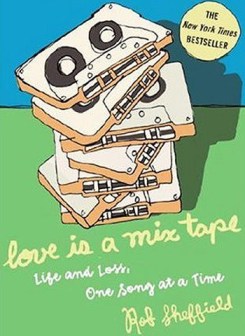This is a post I wrote weeks after graduating college and I think it applies to my current state of transition. Perhaps you will find something relatable in it, too…
Whilst I was reading Anderson’s introduction to Heidegger’s Discourse On Thinking the notion of an ontological “waiting,” struck a chord in me. Being in a bit of a personal limbo between college and whatever else life has to offer made this notion call to me loudly; too loudly to ignore. We, qua humans, wait in line, in traffic, at bus stops, to order food, to get a job, to fall in love, etcetera, etcetera, etcetera. Is the time between waiting for this and waiting for that spent waiting for something b i g g e r?
A friend once told me she thought it the most human thing to set a goal for oneself and to reach it. Is this time in between goal setting and goal reaching the waiting? If I set the goal for myself to make it to the gym before work and I complete that goal, am I no longer waiting? What if the next item on my agenda is the train ride to work. During this, let’s say forty five minute, train ride am I waiting to get to work? Maybe yes, maybe no. If I’m doing the crossword or reading a book on the train then I am doing and not waiting. Or am I still waiting?
Anderson makes a distinction between a shallower “waiting for” and a deeper “waiting upon.” These seemed to me to be not unlike Heidegger’s “Ontic” and “Ontological,” respectively, so is this waiting I’ve been referring to the ontological waiting?
Ontically, I am currently waiting for my laundry to finish. Ontologically, however, I am waiting for _______. It is a blank I have yet to fill in, so for now I must simply say I am still waiting. There is one waiting for which each person waits for all of his or her life, and that waiting is death. This answers the “what,” of the question, for what do I wait upon? But it’s not the whole answer because waiting consists in more than just a what. How am I waiting upon? Who am I waiting upon? When am I waiting upon? Where am I waiting upon? And most interestingly why am I waiting upon? These are the questions worth asking.
Even if I could answer some of these questions, the form of my answers would have to be mutable, for places, people, and feelings all change constantly. To say that today I am waiting happily on myself, in Boston, to finish my laundry hasn’t revealed very much of my waiting, ontologically as it were. And furthermore, these entities would each be different tomorrow because I will be different tomorrow. If even the ontic things change second to second, how am I expected to answer questions about how, when, where, who and why I am waiting in life? How is anyone expected to be able to answer these questions?
Perhaps we aren’t, and perhaps failure to realize that is why people end up at jobs and in relationships with which they are dissatisfied. Maybe I want something today that I’ll no longer want in ten years. In fact, the chances are incredibly high that things I want today I will not want in ten years, so maybe we’re asking the wrong questions of ourselves at this, such an important transitory, time in life.
If the “what” I’m waiting for is death, then what I do for a job doesn’t really make much of a difference. This question, however, is the one people rely the most heavily on. I can’t tell you how many times I’ve been asked what I plan on doing now that I’m not in school anymore. I always chuckle to myself because I’m not sure it makes any difference. I am sure, however, that how and why I do things does make a difference. For me, these a r e the questioning of waiting.
Even if I could answer these questions for myself, they would certainly do you no good, as both your questions and your answers are different from mine because your World is different from mine. Don’t get me wrong, I’d love to finish this musing with glorious and grandiose answers to this ontological line of questioning but that would undermine my entire argument. How am I waiting? Why am I waiting? The questioning is the answering…








